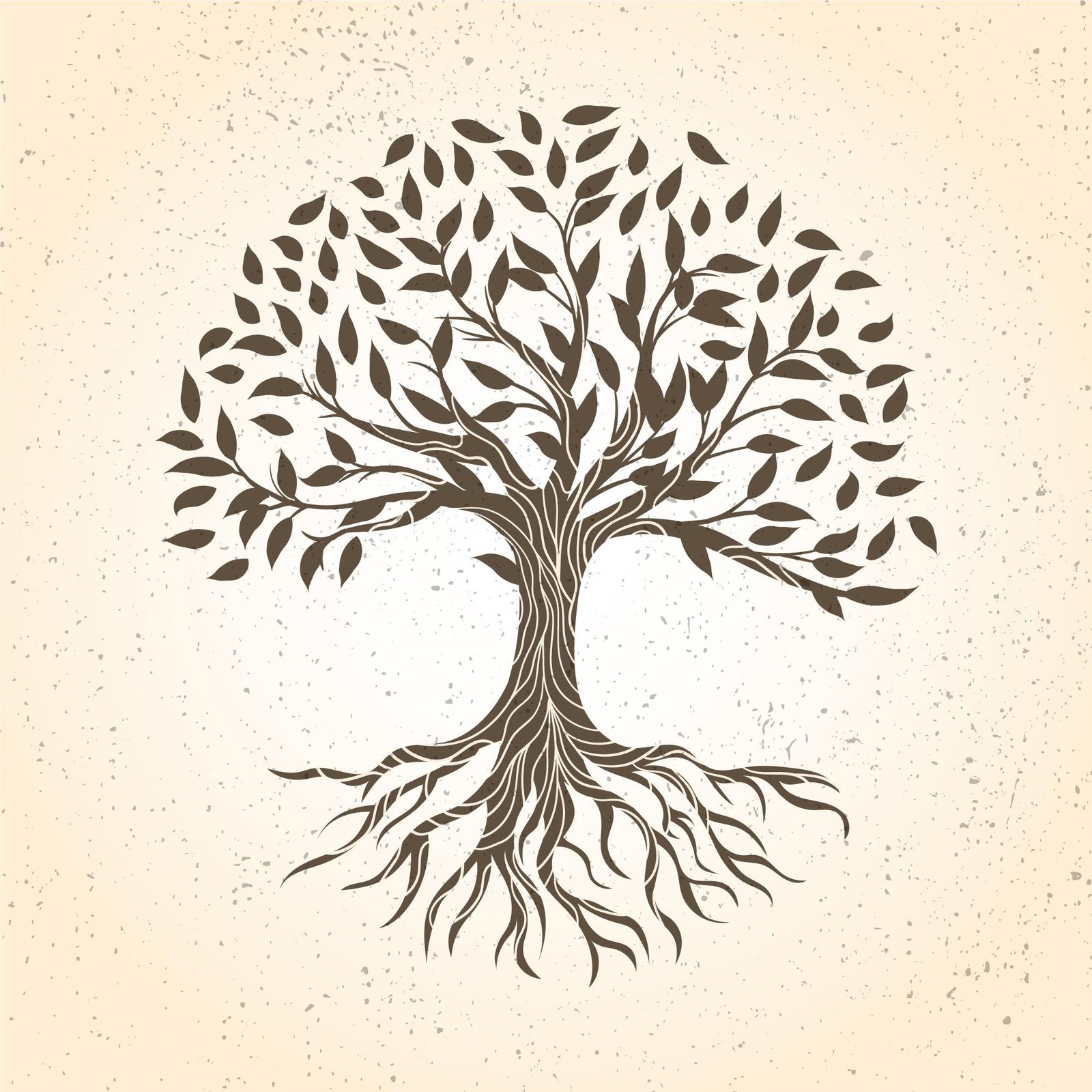
I want to invite us to think about the hard realities we have faced, and to learn from situations that have had the courage to look at themselves and look at where they’ve been, and try to create a new path that resembles something called ‘togetherness’.
Growing up in the different cities and towns in New Jersey, being raised going to Christian church was part of everything in my childhood, and we just took it for granted. It was difficult for me to find a home in the world because it was like every 1-2 years, I would move to another city, another church, another school. I felt lost, like I didn’t really belong anywhere. My unbelonging feeling would become more solidified when people would not want to be friends with me, thought I was too emotional, quiet, weird.
There are many subtle and not so subtle ways people signal which “here” they are from. Language needs respect to guide it, and generosity that goes beyond exactness, to be attentive to those who may have gone through many hardships. A single word or a name you call someone or someone calls you can deeply wound and exclude. There are so many charged words and phrases that can set off a multitude of reactions.
Let no unwholesome word come out of your mouth, but if there is any good word for edification according to the need of the moment, say that, so that it will give grace to those who hear.
Ephesians 4:29 (NASB)
Life comes with no trigger warning. When you find yourself in the middle of something you didn’t wish to happen, you need to have the language of “here” to tell part of the truth. One thing you say, out of all this experience you’ve had of being with people in negatively charged situations, having difficult conversations, is that most people do what seems reasonable to them at the time, most of the time. But as someone who has trouble communicating effectively because of fear of what someone will say, that can be a difficult ideal to navigate.
I think that being a closeted depressed agnostic for a few years helped me to understand some of the dynamics that were happening underneath the kind of public things people said, and that is a really wise thing to do when having conversations about anything that divides us. Understanding a narrative that you might find annoying or stupid doesn’t mean that you agree with it, but it might help you heal.
Death and life are in the power of the tongue, And those who love it will eat its fruit.
Proverbs 18:21 (NASB)
We have to stop engaging on this in terms of – by calling each other names, and figure out how to connect on a human level about what are the hopes and fears we are bringing to this. It’s difficult to ask about public matters in the public space, because to ask it is to be complicit. But there needs to be a stage where we can talk about things with less fear.
The Good Friday Agreement brought 30 years of conflict and murder and separation to an end, and guaranteed that people born here can have access to passports. This is an important piece of language that introduces softness and more than just an either/or option into something that could have been tense.
I hear that sometimes, people who would say: I heard something on the radio, where immigrants or Protestants or Muslims or whoever – Jewish people, black people, white people – whatever that gathering narrative is, somebody said something that caused fear.
Your speech must always be with grace, as though seasoned with salt, so that you will know how you should respond to each person.
Colossians 4:6 (NASB)
I want to keep going on this concept of understanding who we all are to each other, because many places feel like they are gravitating towards sectarianism, which is excessive attachment to a particular sect or group, which is exclusive and therefore detrimental to society’s ‘togetherness’. I have experiences with this where I would find myself amongst a group of people and they would seclude me in a direct or indirect manner by only talking and joking within themselves. I would feel so much discouragement and insecurities racing through my head. “Do they hate me?” “What did I do?” “I hate myself.” I’ve inhabited many parts of my identity by grasping onto the fact in the Bible that these things I thought so low of myself for were either a gift or they did not define me.
And therapy was helpful, too. I need to get back but the insurance is acting up right now, I’m looking into it. But I went once a week to therapy for a year, and the right “language” was the thing that saved me, because I was saying really poor sentences to myself based on what I thought other people perceived me as, and he said: “Speak life into yourself and you will believe that you have life in you.”
For just as the body is one and yet has many parts, and all the parts of the body, though they are many, are one body, so also is Christ. For by one Spirit we were all baptized into one body, whether Jews or Greeks, whether slaves or free, and we were all made to drink of one Spirit. For the body is not one part, but many.
1 Corinthians 12:12-14 (NASB)
I’ve been interested in curating spaces of dialogue where people who believe very deeply that their faith and their social conscience causes them to be concerned can be brought into a deeper kind of belonging with each other. That’s why I wanted to create this blog. That’s why I’ve been stepping up more within my campus ministry. So I looked at the woman in Luke 7:36-50, who did the duties of the host.
The unashamed woman is assumed to be a prostitute in Luke’s account. This reminds us that we are only serving one God, it doesn’t matter who else is in the room. We have to challenge our assumptions in believing that just because someone seems they are one concept, doesn’t mean they’re just that. Humans aren’t a monolith, and as humans ourselves, we need to have this truth ingrained not to judge others face value. Jesus definitely did not judge her, so who are we to do that to others?
Do not judge, or you too will be judged. For in the way you judge, you will be judged; and by your standard of measure, it will be measured to you.
Matthew 7:1-2 (NASB)
I think that the urgency of creating spaces where people can connect is relevant to American life right now. If we’re asking a poorly formed question, you should un-ask it and rephrase it, because there’s a better question to be asked. And I think that’s a really amazing way to understand the world, and I think that questions about Jesus sometimes are being answered by God.
I think the world wants to transform itself, as mental health and self-care is higher than ever, and there are many kindhearted and courageous people saying: “We can find a way to live well together.” It’s very hopeful to think that many people have collectively moved from demonizing others to feeling comfortable in each other’s presence. I think that giving committed guarantees to the other’s safety and finding ways within which we can say: This can be a place where our disagreements will happen in a tone that is wiser, safer, and kinder is really helpful.
It’s so physical, that beautiful understanding, and you can find that with each other, even when you think different things about what we are and what we should be a part of. And that is soft and kind language, but it is so strong, and it upholds what it means to be human. The idea of belonging creates and undoes all of us, and spirituality speak to this power heavily.
Love is patient, love is kind, it is not jealous; love does not brag, it is not arrogant. It does not act disgracefully, it does not seek its own benefit; it is not provoked, does not keep an account of a wrong suffered, it does not rejoice in unrighteousness, but rejoices with the truth; it keeps every confidence, it believes all things, hopes all things, endures all things.
1 Corinthians 13:4-7 (NASB)
Every morning, I try to lay or sit in my bed when I’m just waking up and simply greet God in my own imperfections. I greet my doubts, my burdens, my hope, my fears, my frustrations, my sadness, my anger, and I greet my story and hope that I can forget it during the day. I love praying because it requires just a mustard seed of faith and a recognition of need. And I think the faith and recognition of need is something that brings us to a deep, common language about what it means to be human.
I suppose I really think that prayer is also saying hello to what reality is and trying to be brave, courageous, and generous to your own self, as well as recognizing the things that will cause you great distress and the things that will cause you great delight.
I think in the morning times I say hello to all those things, and then I try to say hello a little bit to what I know won’t happen. And that’s how I understand prayer, in that way.
Stop striving and know that I am God; I will be exalted among the nations, I will be exalted on the earth.
James 4:8 (NASB)







0 Comments